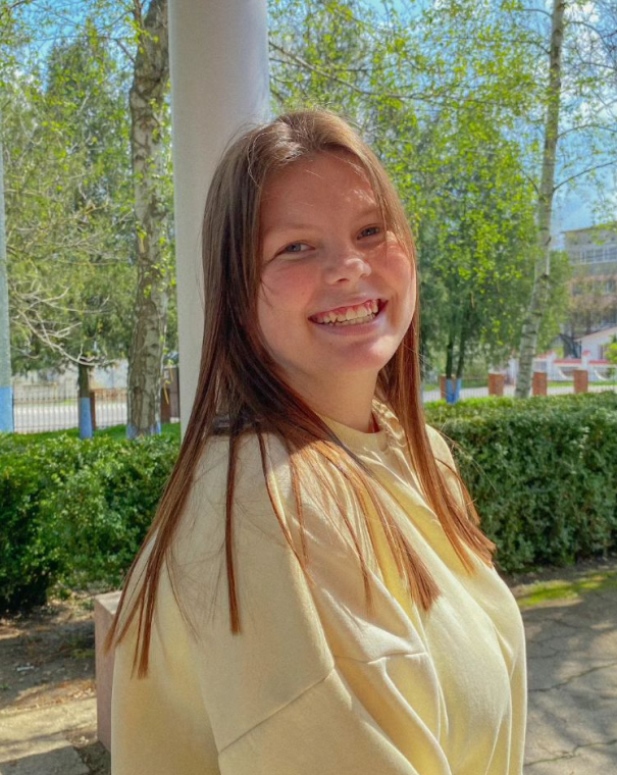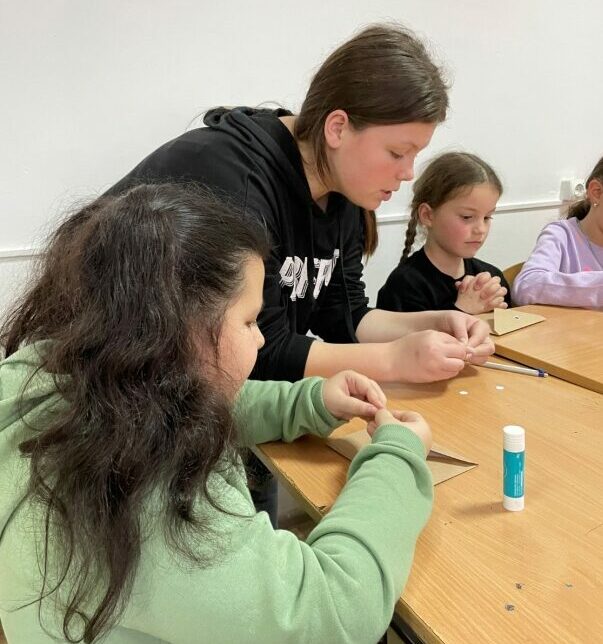Scams and cons come in many different guises. Whether through e-mail, automated phone calls or social media, we have all come across those offers that are too-good-to-be-true, or requests for personal data disguised as contact from a bank or other financial service. It’s not always obvious what the trick is, and sometimes it might take us more than a moment to realise what we are looking at.
Young people leaving state and foster care in Southeast Europe are especially vulnerable to scams and cons. There’s a very good reason for using the term “at-risk” for this group of people. Many have had little or no input from adults who have their best interest at heart, and they make easy targets for those that seek to exploit others for gain. Traps are set. The young person is convinced to take on a loan on behalf of some formerly uncaring family member who has suddenly become their best friend now they have turned 18 – they are left carrying the debt and cut loose by the family member again; casinos that break what rules that do exist to take advantage of young people who are drawn to the bright lights and promises of fun and winnings; young men promise the world to girls who can’t wait to leave the country behind for an exciting life in a foreign city with their generous new boyfriend.

Our Houses of Opportunity are full of young people who have spent their lives being exploited for other’s gratification. One of the main activities of the programme is to help new residents come to terms with and help them find solutions to these trust-related problems in their lives. We help young people clear their gambling debts. We help girls sever the links between them and their “boyfriends”. We support them as they go through the emotional difficulties of being used and rejected by family again. Sometimes the experience can be harsh, sometimes a valuable lesson can be learned without paying too high a cost.

Veronica became resident at the House of Opportunity in Comrat, Moldova in October 2022. Her family life was so difficult that she ended up spending many of her young years in an orphanage. Veronica really wanted a new phone, and not having much in the way of savings, she was secretly responding to lots of offers and competitions in order to get one. She had lost, what was for her, a significant amount of money in this way. Lately, she “won” a phone in some kind of online lottery. However, she needed to pay a delivery fee, and then there was a further fee for importing the phone, and so on. Always another payment of some kind. She was running out of money, but in her naivety was sure that the phone would eventually be hers.
Thankfully, the team at the House discovered what was going on and were able to help Veronica understand that the phone was never going to arrive, and that she needed to stop sending money. Veronica now knows that she cannot trust the offers that she sees online. The House team have helped her to identify the tactics employed by fraudsters so that she can avoid the same mistakes.
The experience has also helped Veronica to develop a sense of who she can trust. The staff at the House of Opportunity are there to give her their support. They don’t want her money, her personal details, or her passport. She is safe to share her hopes and dreams, large or small, with people that are looking out for her. Perhaps that’s not a bad lesson to learn for the price of a few dozen Euros.
